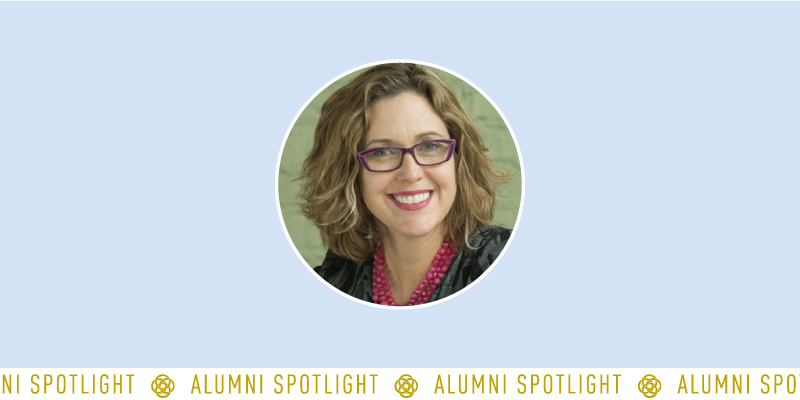Bianka Hardin, Psy.D., is a licensed clinical psychologist who has focused on trauma therapy for nearly 25 years. She received her master’s degree and doctorate from The Chicago School, where she worked as a professor and associate department chair. Since 2014, she’s led Centered Therapy Chicago, a private practice with more than a dozen therapists and training for graduate students, who charge on a sliding scale, for residents in need.
“I worked with clients impacted by some form of violence in every year of my practicum experiences at The Chicago School—including the Marjorie Kovler Center, which provides care for survivors of torture, and the Department of Health and Human Services in Hoffman Estates,” she says. “That work helped me understand trauma from a systemic lens, which made me think more about how I might prevent the impact of violence rather than just treat it.”
Dr. Hardin’s post-doctoral work took her to The Children’s Advocacy Center of Northwest Cook County, where she participated in a coalition through the Illinois Violence Prevention Authority. There, she and others educated judges, day-care professionals, and first responders about trauma-informed care, dispelling myths that suggest young children don’t even remember traumatic events.
“When a child is in utero or in their first years of life, violence in their home and their community has an impact,” she says. “Working on trauma with individuals is so rewarding because we’re shifting really important patterns, within those individuals, their relationships, their families, and their communities. And being engaged in some sort of prevention or social advocacy is really important for our own mental health, as therapists.”
Laura Brownstone, LCSW, one of Dr. Hardin’s therapists, led remote “healing circles” for teachers several times throughout the pandemic, walking participants through self-care exercises. Dr. Hardin has helped facilitate Level 1 trainings for educators, first responders and religious leaders—applying the NeuroAffective Relational Model to promote trauma-informed care. “I get really excited about helping other therapists in our community and helping people who care for others—because that gives them even more capacity to do good work, and those ripples just keep expanding.”

